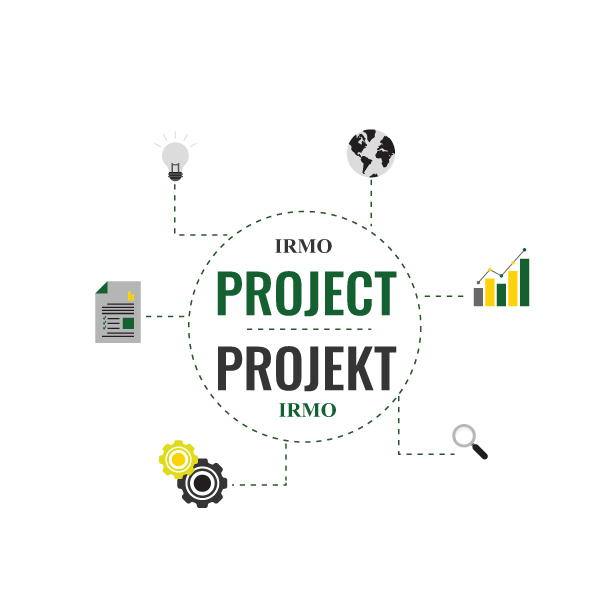Project duration: 02/2018 – 07/2019
Client: European Commission, DG for Employment, Social Affairs and Inclusion
Project coordinator: Institute for Public Policy (IPP) Bucharest
Project partners:
-
-
- Institute for Development and International Relations (IRMO) Zagreb
- Centre for Economic Development (CED) Sofia
- Research Institute for Labour and Social Affairs (RILSA) Prag
- Institute for Public Affairs (IPA) Warsaw
- Centre for Research and Policy Making (CRPM) Skopje
-
Leader of the IRMO team: Hrvoje Butković, PhD
Project documents the magnitude and potential growth of the new forms of work and digital economy in the five new EU member states (Bulgaria, Czech Republic, Croatia, Poland and Romania) and one EU candidate (Macedonia). Research will be placed in the broader context of the need for traditional industrial relations main stakeholders (trade unions, employers and policy makers) to challenge the existing practices and regulation. Project activities are targeted towards identification of adaptation models for the main stakeholders in industrial relations towards new circumstances on the labour market caused by globalization and technological change.
The main objective of this project is to improve the knowledge on the impact of the new forms of work and digitalisation of economy in the new EU member/candidate states on industrial relations in order to advance proposals for adopting the existing institutional and regulatory systems. The intention is to increase the outlooks for constructive confrontation with increasing risks of digitalisation such as: jobless growth, destruction of the medium-skilled jobs, weakening of industrial relations etc. Project’s specific objectives are: i) mapping the magnitude of the emerging new forms of work – including in digital economy, in order to raise the awareness of the social partners about present/future challenges; ii) improving the expertise of the social partners in addressing the workers needs/demands in the new forms of employment; iii) exchanging information and best practices between project partners and the experts from old EU member states which are more experienced in digital economy; iv) raising the awareness of workers about their rights and benefits in search of new forms of employment.
LINKS
- Industrial Relations – New Forms of Employment
- Training about the Impacts of Digitalization on the Labour Market has been held
DOWNLOADS
- Policy paper: Innovative responses to transformative power of digitalization on Croatian labour market
- Webinar presentation:The digital transformation of the labour market in Croatia
- Video: Freelancers in Croatia – professional experiences
- Book: The Digital Transformation of the Labour Market in Croatia
- A Workers’ Guide in Croatia’s Digital Economy (in Croatian)

